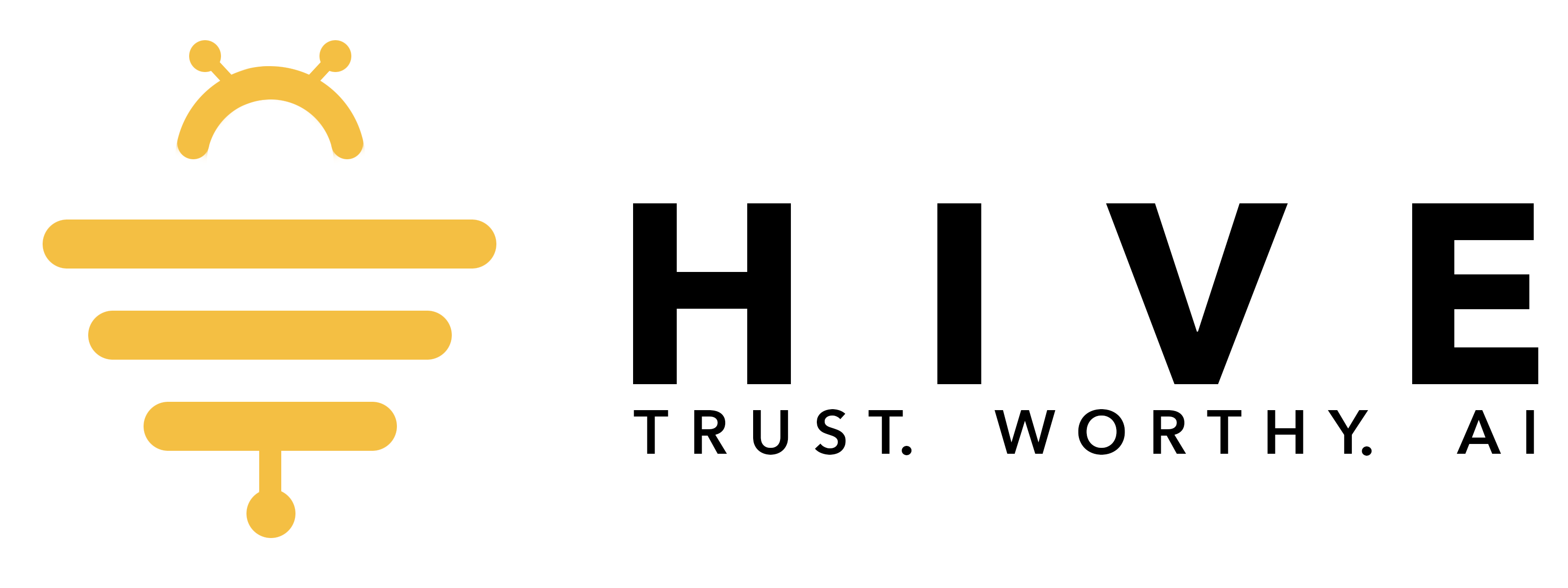As artificial intelligence (AI) rapidly evolves, a McKinsey study predicts that by 2030, AI could displace 15 percent of the global workforce. This leads to the question, will AI replace accountants? The release of ChatGPT, a groundbreaking language model by OpenAI, has sparked discussions on how AI and automation will reshape accounting.
A paper titled, “Is it All Hype? ChatGPT’s Performance and Disruptive Potential in the Accounting and Auditing Industries“ examines past technological revolutions in accounting, cautioning against overhyping new technologies. The paper’s central focus is on ChatGPT’s impact on the accounting profession, with an empirical study evaluating its performance on certification exams.

The initial study by Wood et al. (2023) suggests that ChatGPT 3.5 underperformed accounting students, scoring around 50 percent on exams. However, with the release of ChatGPT 4, significant improvements were observed. The study conducted various tests, including baseline performance, the impact of ChatGPT 4, few-shot training, and turning ChatGPT 4 into an agent with reasoning abilities (ReAct).
The results show marked improvements, with the final iteration achieving an overall average score of 85.1 percent across all tested content.
These findings challenge initial skepticism about ChatGPT’s efficacy in accounting. Furthermore, they suggest that, unlike previous technologies, ChatGPT may have a transformative impact. The paper also explores real-world examples of how ChatGPT is already influencing accounting practices and academia. While caution is urged against overhyping, the evidence indicates a substantial and potentially dramatic effect on the accounting profession.
“AI has been studied in accounting for several decades, mainly looking at anomaly detection and/or decision-support through classification; however, recently, it has started to have a much greater impact on accounting practice. For example, research shows that AI improves management forecast accuracy, timeliness of earnings announcements, and precision in earnings forecasts (Rozario and Zhang, 2023); increases firm value and performance (Chen and Srinivasan, 2023); causes managers to be less aggressive (Estep, Griffith, and MacKenzie, 2023); and improves internal and external audit quality (Christ et al., 2021; Fedyk et al., 2022; Emett et al., 2023; Eulerich and Wood, 2023). Other studies focus on the potential improvements in efficiency and effectiveness when using AI within a company (e.g., Jain et al., 2021; Choudhury et al., 2020; Tong et al., 2021). Most of the benefits described could be directly transferred to the accounting profession.”
The paper also covers the historical context of technological changes in accounting, emphasizing the incremental nature of technological advancements. It draws parallels with the Gartner Hype Cycle, showcasing the stages of initial excitement, disillusionment, and finally practical application. The authors discuss previous technologies’ impact on accounting (such as double-entry bookkeeping) and how generative AI, like ChatGPT, might fit into this historical pattern.
So, Will AI Replace Accountants?
In assessing the potential disruptive impact of ChatGPT, the paper references empirical studies examining the effects of generative AI on productivity. Studies on professional coders and consultants reveal both positive and negative impacts, emphasizing the nuanced role of AI in specific tasks. The evidence suggests that ChatGPT’s influence extends beyond traditional predictions, with potential consequences for creativity, problem-solving, and even capital markets.
“Dell’Acqua et al. (2023) use an experiment to study the effects of ChatGPT 4 access on consultants at Boston Consulting Group. They showed dramatic improvements for tasks that AI can currently perform—consultants performed tasks 25.1 percent more quickly, and completed 12.2 percent more tasks with quality 40 percent higher than a control group. Gains were most impressive for historically below average performers who improved performance 43 percent compared to above average performers increasing performance 17 percent.“
A study by Fedyk et al. (2022) show pre-ChatGPT AI reduces the number of accounting employees. “They found that a one-standard-deviation increase in AI investments is associated with a reduction in accounting employees that reaches 3.6 percent after three years and 7.1 percent after four years.”
ChatGPT will have a transformative potential in accounting, challenging initial skepticism by industry professionals. While recent studies indicate a large-scale impact, there needs to be more empirical testing and monitoring of ChatGPT’s evolution. The question of whether “this time is different” remains open. However, the evidence suggests that ChatGPT and similar technologies may indeed significantly change the accounting profession.
Read the full paper here: https://hivetax.ai/wp-content/uploads/2023/11/SSRN-id4452175.pdf
Want to Try an AI Trained on Tax Code?
The assistants have been trained in tax codes for all 50 states and federal. You can ask it any tax-related question. Documentation and walk through videos are also available.
HIVE Tax AI is Transforming Tax Preparation for CPA Firms
With the release of AI-powered assistants, HIVE AI’s aim is not to replace accountants. Rather, CPAs who adopt these technologies will have a leg up this tax season. The Client Support Assistant can field calls and respond to general questions. Tax preparers can also expand their services in the off season with the Financial Planning Assistant.
